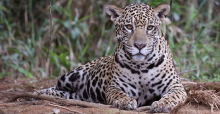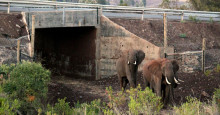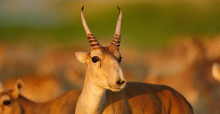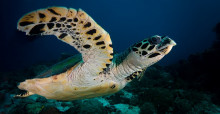On this year’s World Sea Turtle Day, the CMS Secretariat is pleased to launch a new report on the Hawksbill Turtle. The Assessment of the Conservation Status of the Hawksbill Turtle in the Western Pacific Ocean Region presents a synopsis of what is known about hawksbill turtles in the Western Pacific Ocean, including knowledge of nesting and foraging populations and legislative and protection measures across signatory states.












